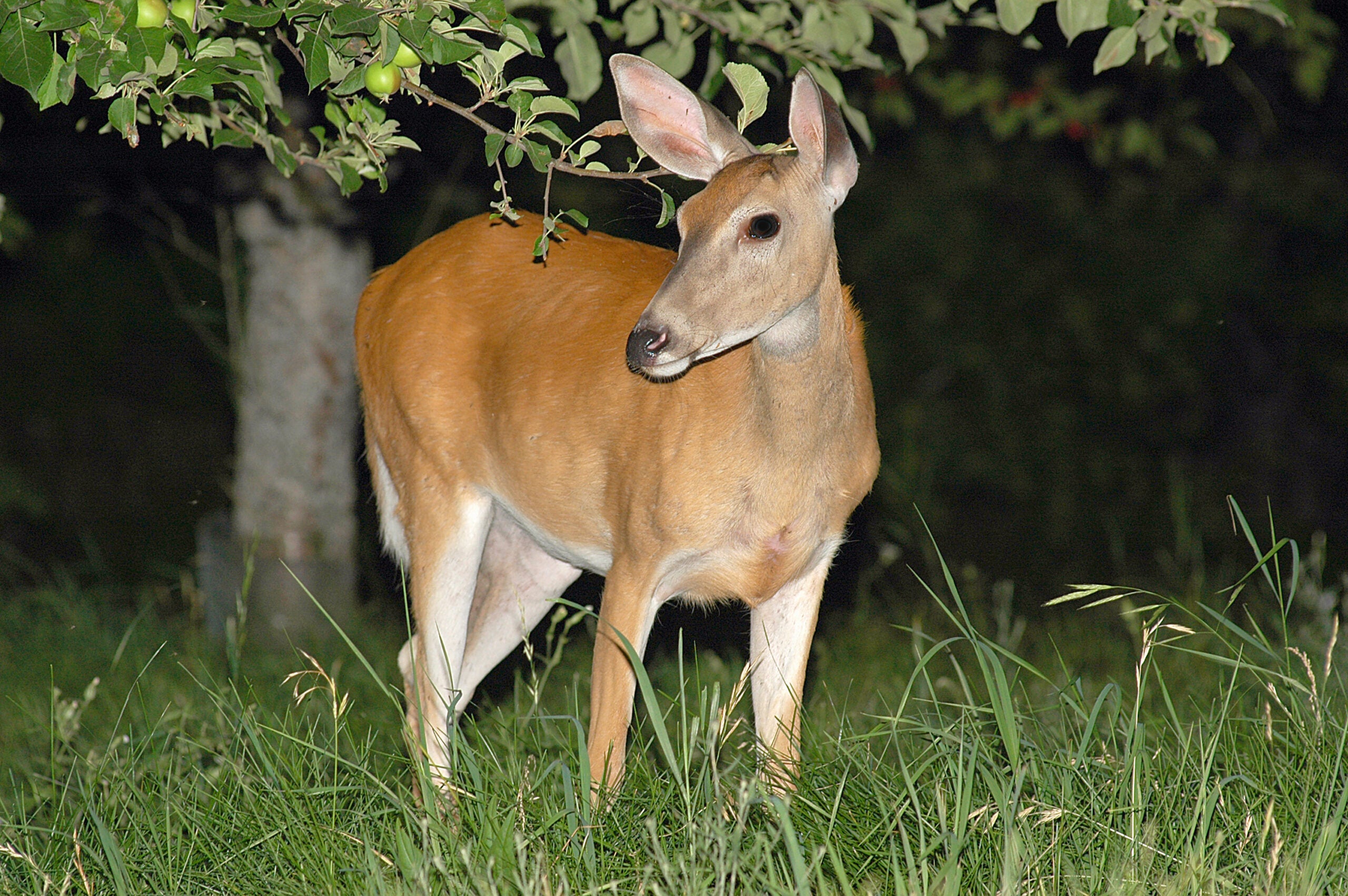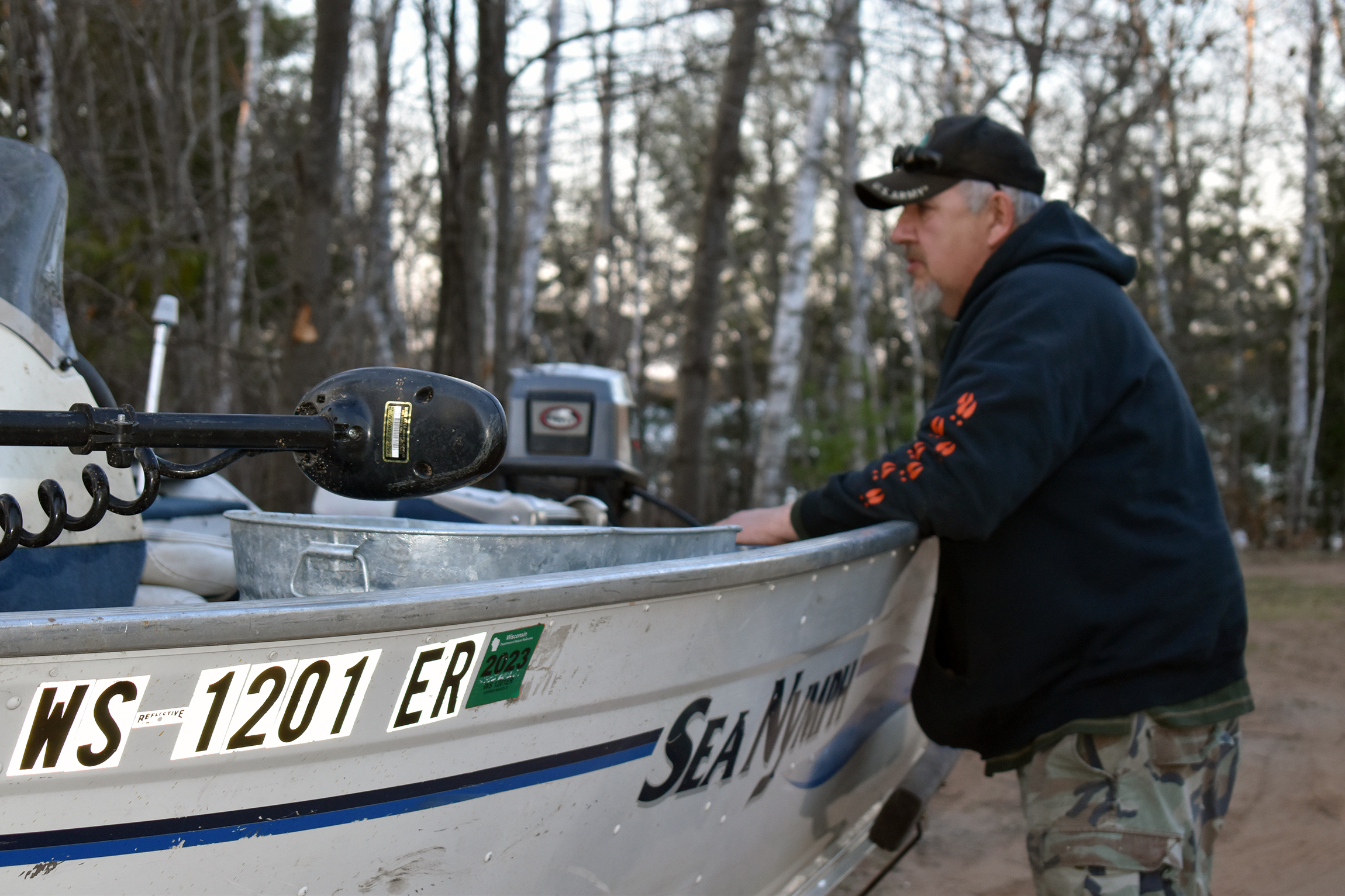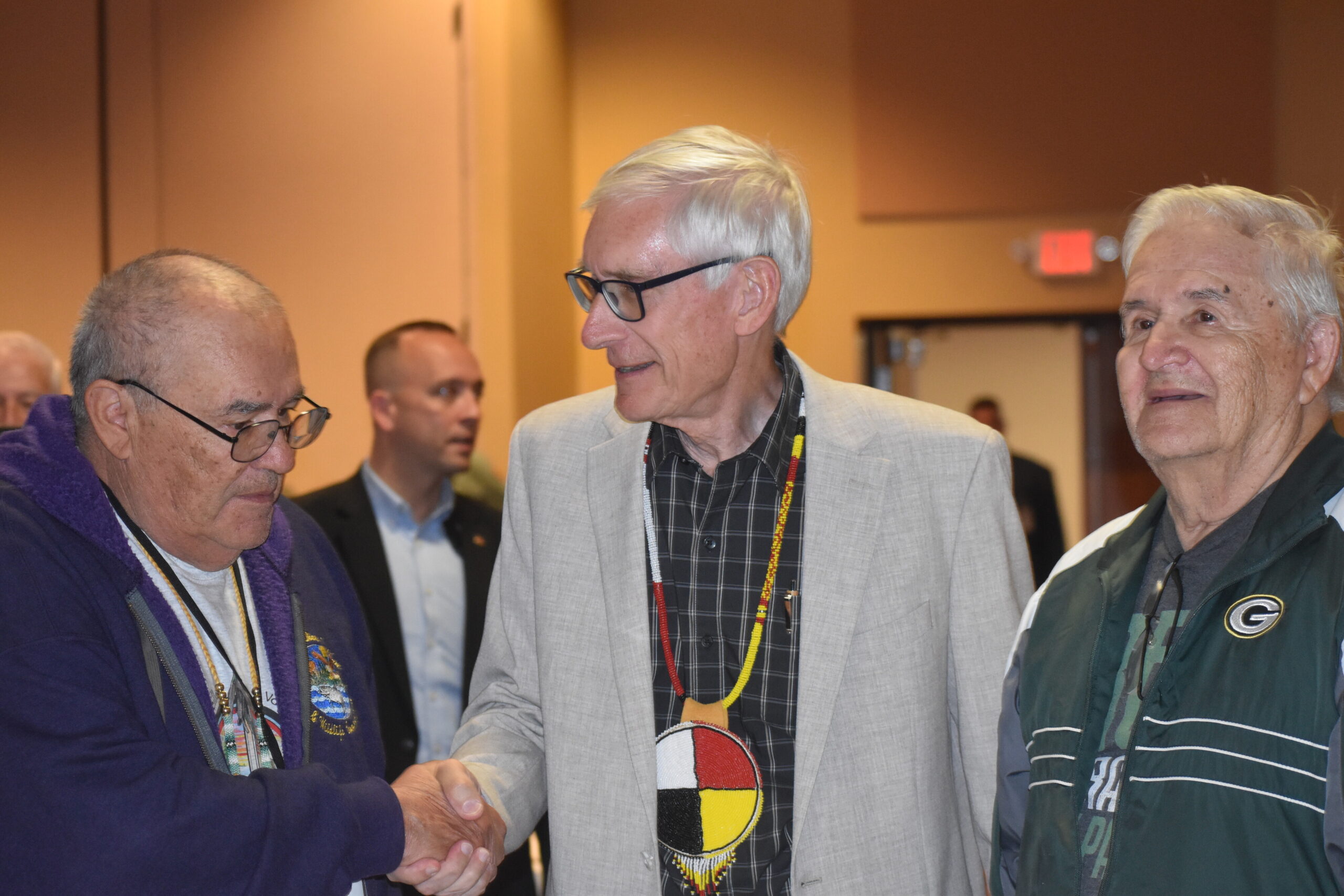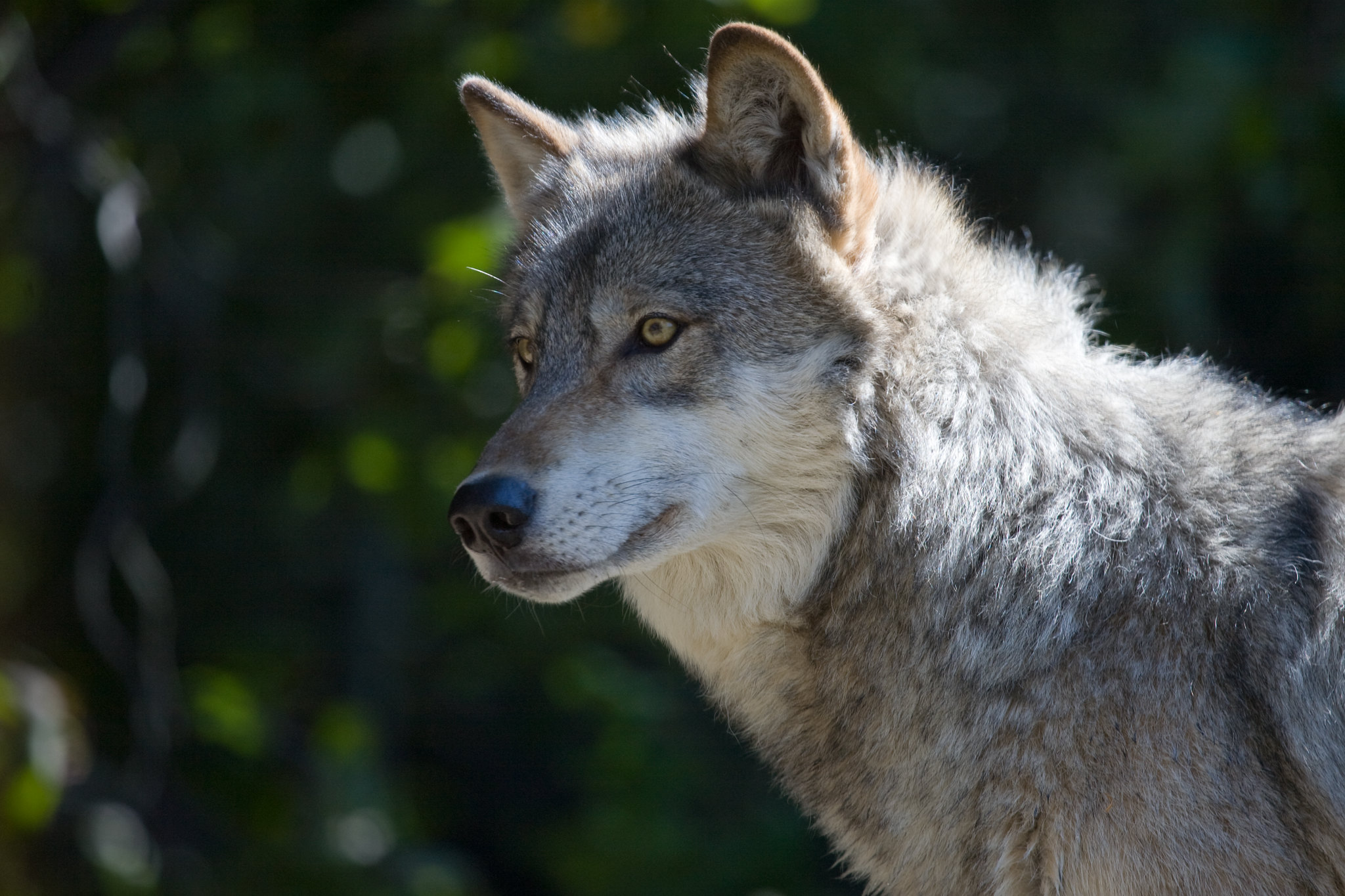The right of Ojibwe tribes in northern Wisconsin to hunt deer at night off their reservation is at stake in a federal trial that began today.
The first day of testimony focused on the safety precautions tribes have included in the permitting process for night hunting.
In the first day of a seven-day trial in federal court, a treaty rights policy analyst for the Great Lakes Indian and Fish and Wildlife Commission said the tribes have gone to great lengths to assure night hunting by tribal members will be safe. Precautions include rigid marksmanship testing, and scouting out the hunting area to make sure no buildings, roads, trails, or private property is in the line of fire.
Stay informed on the latest news
Sign up for WPR’s email newsletter.
Kekek Jason Stark says several other tribes across the country have established their own rules for night hunting on off-reservation lands that are part of territory ceded by the tribes through treaties in the 1800s.
Stark also says the tribes have incorporated safety precautions proposed by the Wisconsin Department of Natural Resources. But state Department of Justice attorneys question whether the tribes followed proper procedures in creating a tribal night-hunting season without first getting approval from state regulators.
The issue of tribal sovereignty will likely prove just as important as the safety regulations the tribes have proposed in the judge’s decision on whether to allow the tribes to hunt at night.
The tribes decided to pursue night hunting after the state approved a wolf season that includes night hunting. Tribal tradition prohibits wolf hunting.
Wisconsin Public Radio, © Copyright 2025, Board of Regents of the University of Wisconsin System and Wisconsin Educational Communications Board.




